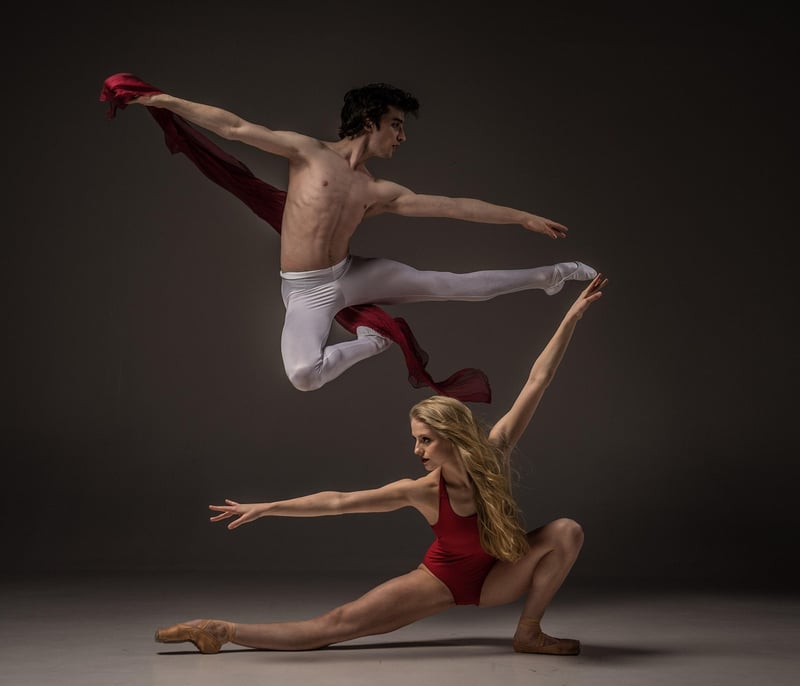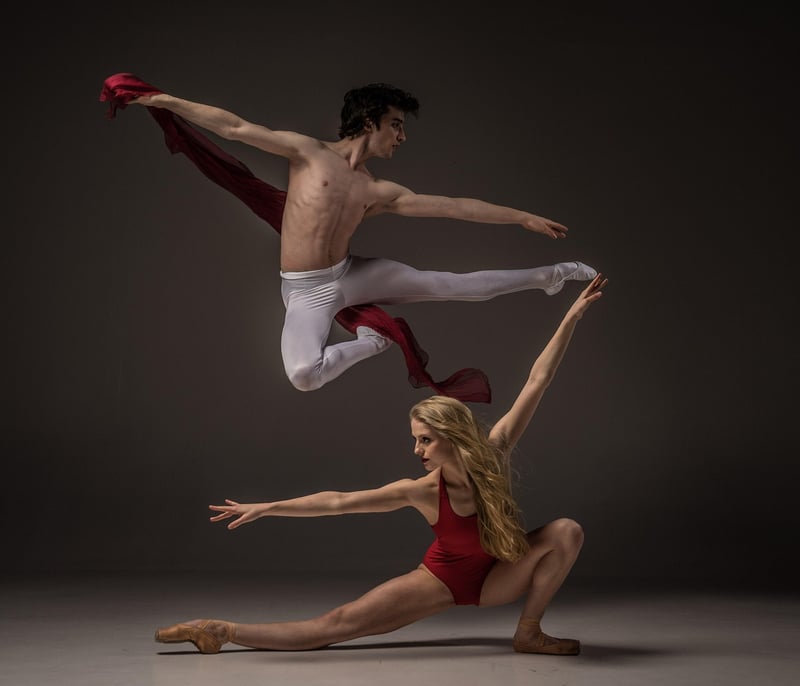Hip Hop
Exploring Expressive Movement Forms in Hip Hop
Hip Hop culture is known for its dynamic and expressive movement forms that have captivated audiences worldwide. From powerful body isolations to intricate footwork, Hip Hop dance encompasses a wide range of styles that allow dancers to express themselves creatively. In this article, we will delve into some of the key expressive movement forms within the realm of Hip Hop.
1. Body Isolations
Body isolations are a fundamental aspect of Hip Hop dance, requiring dancers to control and move specific parts of their body independently. This technique adds depth and intricacy to movements, allowing dancers to create visually stunning performances. Isolations can focus on various body parts such as the chest, hips, shoulders, and head, showcasing the dancer's skill and control.

2. Footwork
Footwork plays a crucial role in Hip Hop dance routines, with dancers incorporating a mix of intricate steps, slides, and pivots to create dynamic sequences. Fast-paced footwork not only adds flair to performances but also showcases the dancer's agility and precision. Hip Hop footwork often involves syncopated rhythms and quick directional changes, keeping the audience engaged and amazed.

3. Freestyle Movement
Freestyle movement is at the heart of Hip Hop culture, allowing dancers to improvise and express themselves in a spontaneous and authentic manner. Through freestyling, dancers showcase their individual style, creativity, and connection to the music. It is a form of artistic expression that is highly valued within the Hip Hop community, emphasizing self-expression and personal interpretation.

4. Popping and Locking
Popping and locking are popular Hip Hop dance styles that focus on creating sharp, robotic movements (popping) and freezing in specific poses (locking). These techniques require precise muscle control and timing, resulting in visually striking movements that synchronize with the music's beat. Popping and locking are often used in combination with other Hip Hop styles to add texture and contrast to performances.

In conclusion, the expressive movement forms within Hip Hop dance offer a rich and diverse landscape for dancers to explore and innovate. From body isolations to freestyle movement, each style contributes to the vibrant tapestry of Hip Hop culture, reflecting the creativity, passion, and individuality of its practitioners.
